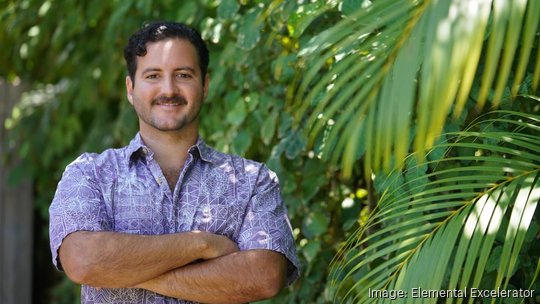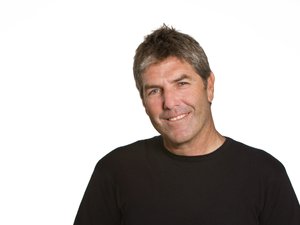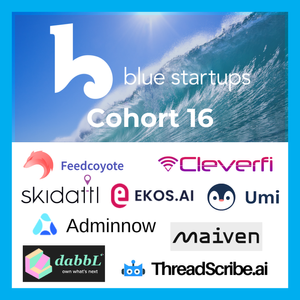
Elemental Excelerator, a nonprofit investor in climate technology, recently appointed Evan Weber as a policy fellow in its Policy Lab. In this role, Weber will develop models, tools and campaigns to advance energy savings for low- and moderate-income families in Hawaii.
Born and raised in Kailua, Weber told Pacific Business News he first became concerned about the climate crisis after “seeing the beaches I grew up on disappear into the ocean and traditional ways of life threatened.”
In 2017, he co-founded the Sunrise Movement, which has since grown to more than 500 chapters across the country, that advocate for political action against climate change. Weber is also the co-founder and managing director of Our Hawaii, which is working to build a political movement that puts local working families first, he said.
What do your responsibilities entail in this new role? As the clean energy transition continues to ramp up, my role is focused on ensuring that all families in Hawaii, and especially low-income families who are most in need – which are disproportionately Kanaka Maoli and Pasifika – can transition to energy-efficient homes. I’ve been helping to identify the federal funding and financing opportunities to save families money on their monthly bills and educating and bringing together people from industry, government, and the community to streamline, make accessible, finance and scale clean energy solutions.
We have one of the highest costs of living in the world, and this is primarily driven by the costs of housing and energy, both of which are starkly more costly here than anywhere else in the United States. Yet, because of last year’s passage of the Inflation Reduction Act, we also have an incredible opportunity to provide solutions at the nexus of housing and energy that will save families serious money while also helping to save the planet. That intersection of housing and energy, problem and opportunity, is where my work with Elemental is focused.
How can renewable energy be made more accessible to low-income households in Hawaii? We can’t get to 100% renewable energy here in Hawaii unless 100% of households can access it. But, so far, that’s not how we have gone about addressing the problem. You’ll see a lot more solar panels on the roofs of houses in Manoa, Kailua, or Hawaii Kai than you will in Nanakuli or Waianae, and it’s not because there isn’t plenty of sun out on the west side of Oahu.
Right now, low-income families in Hawaii are spending five to seven times more of their income on electricity bills than the average U.S. household, and living paycheck-to-paycheck means they can’t as easily front the capital to make the technology changes that could transform their lives. Ultimately, the only way that low-income families will adopt solar and energy efficiency at scale is if the [technology] is accessible for zero money down in the same way that solar has been for wealthier families for quite a while now. We are on the verge of achieving that, but it will require additional collaboration and innovation from state and county government agencies, the private sector, and nonprofit institutions to take advantage of the funds, rebates and tax credits from the Inflation Reduction Act to provide creative financing solutions that are accessible to all. That’s where I’m focused.
What are some of your goals for the rest of this year? We’re going to continue to track all of the federal funding opportunities, collaborate with and support Hawaii government agencies like the Energy Office, Department of Hawaiian Homelands, the Hawaii Green Infrastructure Authority, as well as private energy companies, housing developers and non-profits to maximize the funds Hawaii receives to pursue a clean energy transition benefiting low- and moderate-income households. There are a lot of industries and communities that can benefit from the new financial opportunities and expanded market for green energy development for low and moderate income households — from housing developers, to property managers, to electricians, architects, lawyers, engineers, [certified public accountants], nonprofit leaders, and more — and we are going to work to make sure everyone is aware of this historic policy transformation. I’m excited to be working with local companies, like Shifted Energy, to deploy pilot projects of whole home energy efficiency and renewable energy retrofits for households that need them most.






